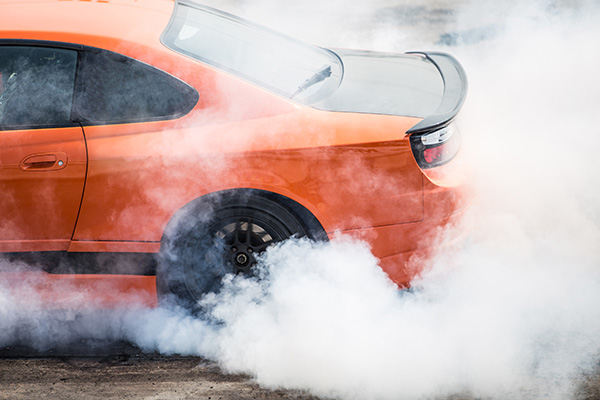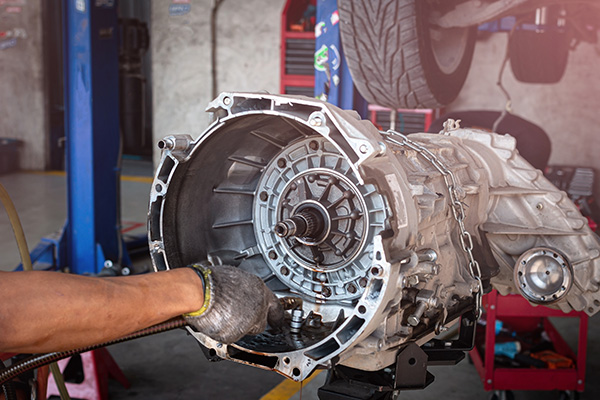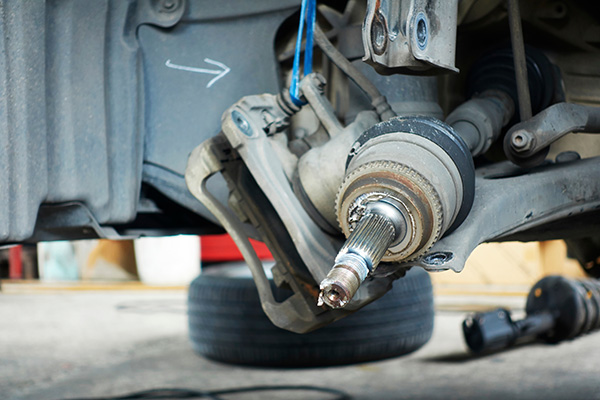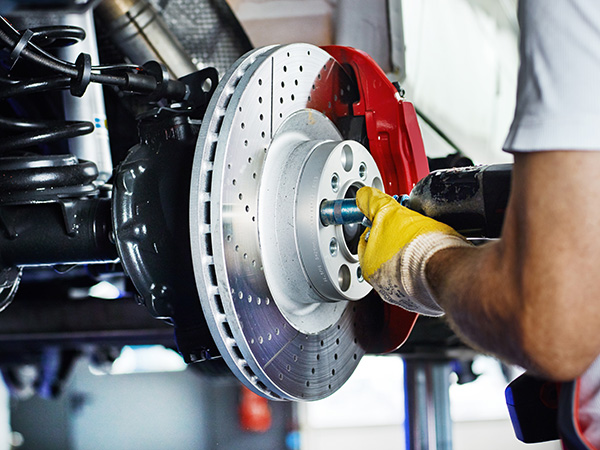Posted on 9/26/2025

The world of performance cars wouldn’t be what it is today without BMW’s M Division. Born from motorsport and refined through decades of engineering, BMW M has redefined what it means to blend speed, precision, and everyday usability in a road car. What started as a small team dedicated to race cars evolved into one of the most respected names in performance vehicles. Let’s take a look at how the M Division has shaped modern performance, from its motorsport roots to today’s track-ready street cars. It All Started with Motorsport BMW M began in 1972 as BMW Motorsport GmbH, a racing-focused division tasked with helping the brand succeed in international motorsport. Their first major project was the iconic BMW 3.0 CSL, a lightweight coupe that made a serious impact on the European Touring Car Championship. The success of this program put BMW’s engineering on the global stage and helped the company build a reputation for cars that didn&rsq ... read more
Posted on 8/29/2025

Your vehicle’s transmission is one of its most complex and expensive components. Whether you have an automatic or manual, the transmission is responsible for transferring power from the engine to the wheels, allowing your car to shift smoothly and maintain the right gear for the situation. Replacing or rebuilding a transmission can be one of the costliest repairs you’ll face, which is why preventive maintenance is so important. By taking proactive steps, you can dramatically reduce the risk of premature wear or failure. The High Cost of Neglect Failing to maintain transmission transmission can lead to gradual wear, contamination of internal components, and ultimately, total failure. Even a small problem, like a minor fluid leak, can quickly escalate into a major repair if left unchecked. Transmission replacements often cost several thousand dollars ... read more
Posted on 7/28/2025

Your car’s driveshaft and CV (constant velocity) joints work together to deliver power from the engine and transmission to the wheels. The CV boots protect these joints from dirt and moisture, ensuring smooth and efficient operation. When these components start to wear or fail, ignoring the warning signs can lead to expensive repairs and even leave you stranded. Knowing what to look for can help you stay safe and avoid bigger headaches down the road. Understanding the CV Joint and Boot CV joints allow your front wheels to receive power while turning and moving up and down with the suspension. They are critical for smooth, vibration-free driving, especially in front-wheel-drive and all-wheel-drive vehicles. The CV boot is a rubber or plastic cover that seals the joint, keeping grease inside while preventing dirt and moisture from entering. A damaged or torn boot quickly leads to joint failure if not addressed. Clicking or Popping Noises One o ... read more
Posted on 6/27/2025

Modern vehicles rely heavily on electronic systems to help keep you safe, and few are more important than the anti-lock braking system (ABS). While it works silently in the background most of the time, it steps in when you need it most, especially during hard stops or on slick roads. If your ABS light is on or you’ve noticed changes in how your brakes feel, it could point to a problem in either the ABS or the hydraulic brake system. At first glance, it might seem like a small warning, but ignoring it can compromise your vehicle’s stopping power and control. Especially in the wet or unpredictable weather that drivers in Chantilly often face, it’s not something you want to put off. Understanding How the ABS System Works The ABS helps prevent your wheels from locking up during hard braking. It uses sensors at each wheel to detect wheel speed and a control module to pulse the brakes when necessary. This pulsing allows the driver to maintain steering co ... read more
Posted on 5/30/2025
%20copy.jpg)
Power windows and door locks are features we often take for granted—until they stop working. Whether your window won’t roll up, your door won’t unlock, or a switch suddenly becomes unresponsive, these issues can be frustrating and inconvenient. In some cases, they can even become a safety concern, especially if a window is stuck open during bad weather or a door won’t unlock during an emergency. If your power windows or locks are acting up, here are the most common causes and what you can do to fix them. Worn Window Regulators Inside every power window assembly is a component called a window regulator. This device moves the window glass up and down in response to the switch. Over time, regulators wear out, especially in vehicles where the windows are used frequently. If your window seems to struggle when moving, gets stuck, or falls into the door with a thud, there’s a good chance the regulator has failed. Most regulators are made of p ... read more